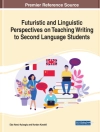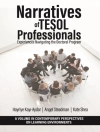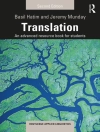This volume attempts to solve a grave problem about critical self-reflection. The worry is that we critical thinkers are all in ‘epistemic bad faith’ in light of what psychology tells us. After all, the research shows not merely that we are bad at detecting ‘ego-threatening’ thoughts à la Freud. It also indicates that we are ignorant of even our ordinary thoughts—e.g., reasons for our moral judgments of others (Haidt 2001), and even mundane reasons for buying one pair of stockings over another! (Nisbett & Wilson 1977) However, reflection on one’s thoughts requires knowing what those thoughts are in the first place. So if ignorance is the norm, why attempt self-reflection? The activity would just display naivety about psychology. Yet while respecting all the data, this book argues that, remarkably, we are sometimes infallible in our self-discerning judgments. Even so, infallibility does not imply indubitability, and there is no Cartesian ambition to provide a ‘foundation’ for empirical knowledge. The point is rather to explain how self-reflection as a rational activity is possible.
T. (Nazarbayev University, Kazakhstan) Parent
Self-Reflection for the Opaque Mind [PDF ebook]
An Essay in Neo-Sellarsian Philosophy
Self-Reflection for the Opaque Mind [PDF ebook]
An Essay in Neo-Sellarsian Philosophy
Mua cuốn sách điện tử này và nhận thêm 1 cuốn MIỄN PHÍ!
định dạng PDF ● Trang 308 ● ISBN 9781317210962 ● Nhà xuất bản Taylor and Francis ● Được phát hành 2016 ● Có thể tải xuống 3 lần ● Tiền tệ EUR ● TÔI 5021508 ● Sao chép bảo vệ Adobe DRM
Yêu cầu trình đọc ebook có khả năng DRM












